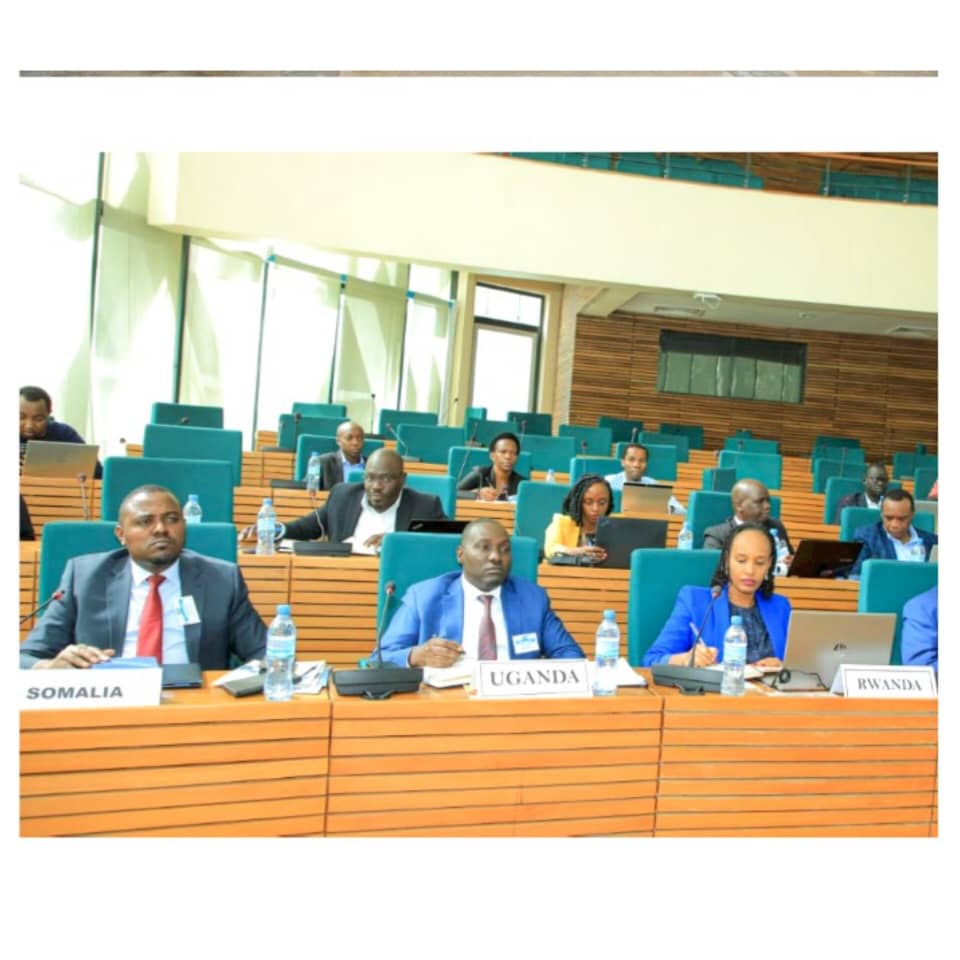Court clears URA on electronic fiscal receipting, invoicing solution
The High Court has ruled that Uganda Revenue Authority(URA) legally exercised discretionary powers when it issued a general notice requiring all VAT registered taxpayers to start issuing e-invoices or e-receipts or employ electronic devices connected to the tax body centralised invoicing or receipting systems .
This decision comes after Capital shoppers Ltd, Quality supermarket,Kenjoy Supermarket, Jazz Supermarket and Mega Standard Supermarket challenged the said general notice claiming it was illegal and ambiguous.
Keep Reading
Justice Ssekaana Musa ruled in favour of URA and dismissed the application.
According to the judge, the procedure adopted by the applicant’s counsel for court to quash the Tax Procedures Code (E-Invoicing and E-Receipting) Regulations, 2020, for being enacted without stakeholder participation is very irregular and the court would not grant such leave to make an amendment during submissions.
The applicants through their lawyers, Ortus Advocates made an “objection to selective implementation as pilot candidates for the pilot exercise in the implementation of the Electronic Fiscal Receipting & Invoicing Solutions” and the same was communicated to URA on 25th May 2020.
The judge noted that the applicants ought to have conclusively and exhaustively waited to explore the remedies available.
"The applicants were wrong to pursue the two remedies concurrently and without trying to exhaust the one pursued first. The action of the applicants of pursuing both available remedies is an abuse of court process and should be discouraged,"he ruled.
The Tax Procedures Code (E-Invoicing and E-Receipting) Regulations 2020 were enacted by the Minister of Finance, Planning and Economic Development and passed by the Parliament.
The judge noted that the propriety of the said regulations cannot be brought into question without the author.
"URA did not make the said regulations and her role under the Uganda Revenue Authority Act is to administer and give effect to tax laws. Therefore, the Attorney General was the proper party to represent the Minister and not the implementing agency"he stated.
The judge ruled that the respondent, the Commissioner General of URA, properly exercised the power given by parliament and the applicants’ argument of ambiguity of parent law (section 73A(1) and 73A(2) is completely flawed and a misapplication and appreciation of the Tax Procedure Code (Amendment) Act, 2018.


















